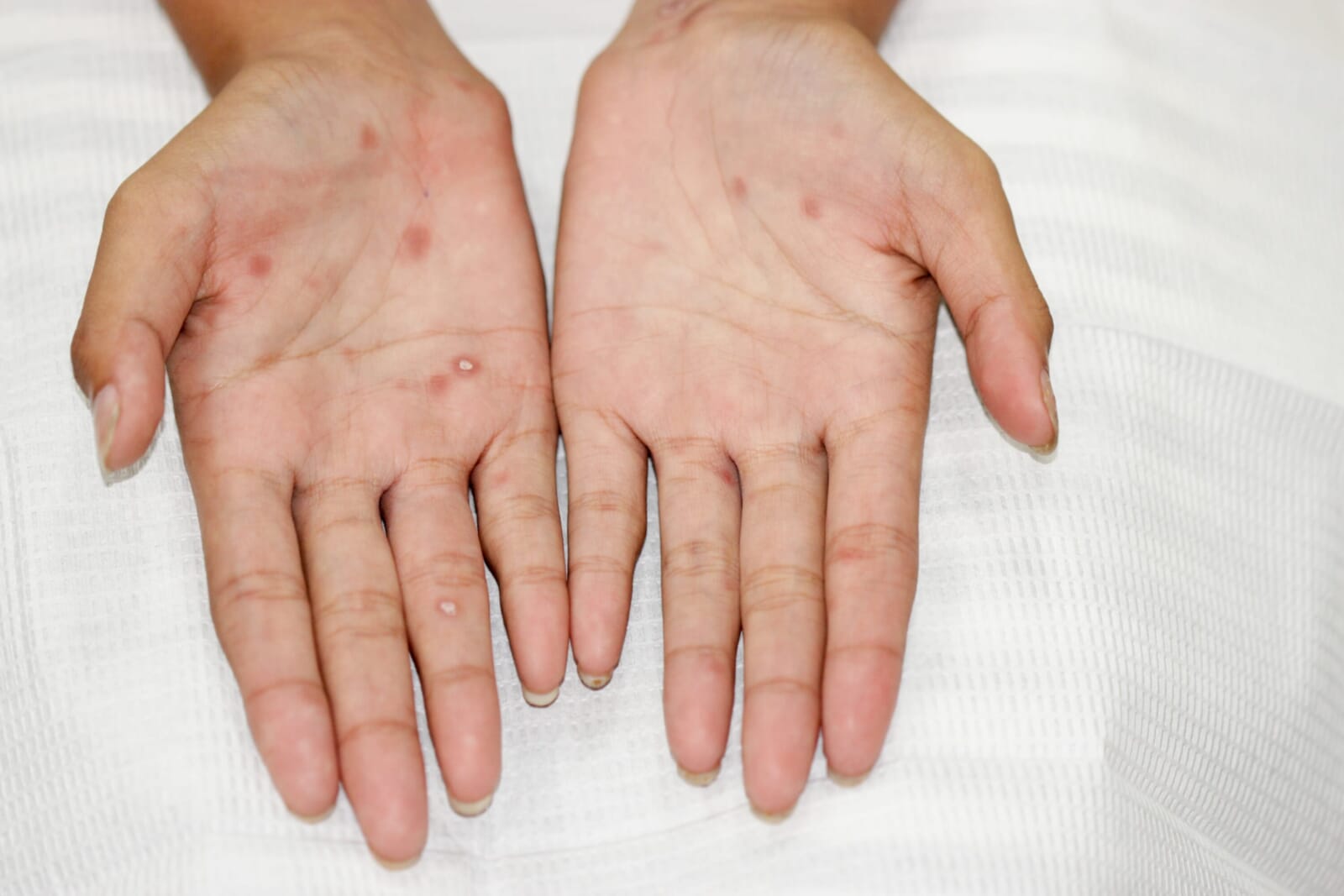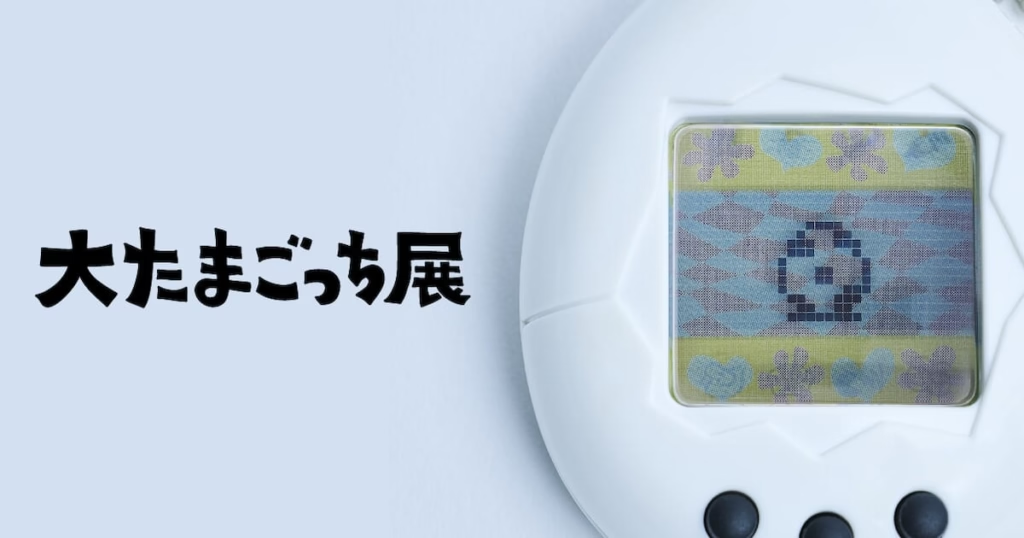Syphilis cases surge in Tokyo

Tokyo is grappling with an invisible threat that has surged to record levels in recent years. In 2023, the Japanese capital hit a new high of 3,701 cases of syphilis. As of September 1, the number of infections in 2024 has exceeded 2,400.

Demographic characteristics of the epidemic
current Population Distribution The findings revealed a huge disparity in the number of cases: 70% of cases were men, mostly in their 20s to 50s, while the remaining 30% were women, many of whom were in their 20s. Among those who were sick, some believed their partners were healthy, while others had been unaware of their condition for years – a clear indication of the hidden nature of the disease.
Education gap
The city’s educational framework largely ignores the practical aspects of sexual health, often failing to adequately cover topics such as contraception, STI prevention and safe sex. Instead, schools offer only a cursory overview of human biology, with little or no discussion of condom use — an important prevention measure that many young Tokyoites mistakenly believe is optional. Lack of comprehensive education provides a breeding ground for misinformation and unsafe behavior.
Furthermore, Tokyo’s approach to sex education is deeply entangled with cultural taboos that deem discussing sexual health inappropriate or unnecessary. This has led to a silence about sex in schools, homes and bedrooms across the city. As a result, generation after generation of Tokyoites have found themselves ill-equipped to master sexual health knowledge, relying more on bravado than factual knowledge to make decisions.
A call to action from health authorities
Tokyo Metropolitan Health Bureau Infectious Disease Prevention Division Director Nishizuka Tsutomu emphasize The insidious nature of syphilis: “Over the past three years, we have seen record high rates of syphilis infection. An insidious feature of syphilis is that symptoms are often difficult to detect, and many carriers are completely asymptomatic. The bacteria multiply within the host, unknowingly passing it on to others, or in worse cases escalating to severe, life-threatening stages. This continued spread by unwitting carriers highlights a major public health challenge.”
In response to the growing crisis, Tokyo has stepped up its public health response. Facilities are located in both the Shinjuku and Tama districts, offering anonymous and free testing. The Shinjuku Testing and Consultation Center offers the added convenience of accepting online appointments 24 hours a day, as well as weekend appointments. The Tokyo government’s ongoing plea to residents is simple but urgent: “If you have any concerns, please get tested.”
Cultural shift needed
As Tokyo grapples with this daunting challenge, the path forward will require more than just medical intervention. A cultural shift is urgently needed—open, honest discussions about sexual health, normalizing condom use, and an overhaul of sex education curriculum. Only through these combined efforts will Tokyo have a chance of stemming the spread of a disease that, while often associated with the past, continues to harm our communities.


What is syphilis?
Syphilis is a disease that is primarily spread through sexual contact, and its symptoms can be very misleading, ranging from a rash to large lumps. Often, people with syphilis experience no symptoms and unknowingly pass the infection on to others. If left untreated, syphilis can cause serious damage to the brain and heart. For pregnant women, the disease poses a serious threat not only to their own health, but also to their unborn children, with the potential to cross the placenta and cause premature birth or even neonatal death.


 Anal Beads
Anal Beads Anal Vibrators
Anal Vibrators Butt Plugs
Butt Plugs Prostate Massagers
Prostate Massagers
 Alien Dildos
Alien Dildos Realistic Dildos
Realistic Dildos
 Kegel Exercisers & Balls
Kegel Exercisers & Balls Classic Vibrating Eggs
Classic Vibrating Eggs Remote Vibrating Eggs
Remote Vibrating Eggs Vibrating Bullets
Vibrating Bullets
 Bullet Vibrators
Bullet Vibrators Classic Vibrators
Classic Vibrators Clitoral Vibrators
Clitoral Vibrators G-Spot Vibrators
G-Spot Vibrators Massage Wand Vibrators
Massage Wand Vibrators Rabbit Vibrators
Rabbit Vibrators Remote Vibrators
Remote Vibrators
 Pocket Stroker & Pussy Masturbators
Pocket Stroker & Pussy Masturbators Vibrating Masturbators
Vibrating Masturbators
 Cock Rings
Cock Rings Penis Pumps
Penis Pumps
 Wearable Vibrators
Wearable Vibrators Blindfolds, Masks & Gags
Blindfolds, Masks & Gags Bondage Kits
Bondage Kits Bondage Wear & Fetish Clothing
Bondage Wear & Fetish Clothing Restraints & Handcuffs
Restraints & Handcuffs Sex Swings
Sex Swings Ticklers, Paddles & Whips
Ticklers, Paddles & Whips



















